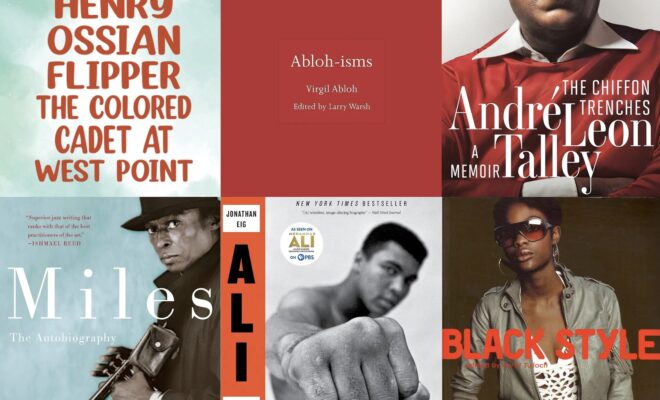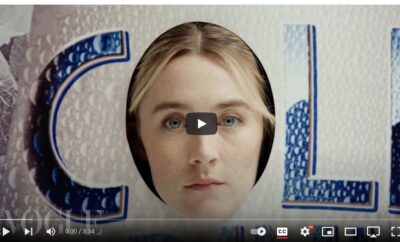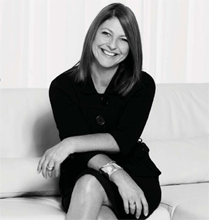
From André Leon Talley to Zora Neale Hurston: A ‘Superfine’ Reading List #metgala
Can I just say this is what I am interested in : the stories and books behind the Met Gala. The crazy clothes and all the ridiculous red carpet circus is now a bit too over the top , seems to have lost its soul.
But all these books sounds so interesting.
If you haven’t read Andre Leon Talley’s mémoir then that’s a good way to start ! More here at Vogue .
“In recent years, the theme of the Costume Institute’s big spring exhibition—and, in turn, the Met Gala—has often had an establishing textual reference, whether Susan Sontag’s Notes on Camp or the works of Virginia Woolf. But 2025’s “Superfine: Tailoring Black Style” is particularly literary in its origins. Not only is the show, which considers the figure of the Black dandy, based on guest curator Monica Miller’s 2009 book Slaves to Fashion: Black Dandyism and the Styling of Black Diasporic Identity (which began as her PhD dissertation in English literature at Harvard), but its structure is also inspired by Zora Neale Hurston’s 1934 essay “Characteristics of Negro Expression.” So, too, is it filled with the voices (and garments) of a thrilling range of Black writers, creatives, and changemakers. These include abolitionists Olaudah Equiano and Frederick Douglass; thinkers such as Maya Angelou and Ta-Nehisi Coates; and pop-cultural icons from Miles Davis and Muhammad Ali to André Leon Talley and Virgil Abloh.
For Miller, part of the joy of curating “Superfine” with the Costume Institute’s longtime head curator, Andrew Bolton, was weaving broadly familiar names into a surprising new context—namely, a cultural history of Black style. Take, for instance, the final of the exhibition’s 12 themed sections, Cosmopolitanism, for which the philosopher Frantz Fanon provides the epigraph: “In the world in which I travel, I am endlessly creating myself.”
“Fanon had a lot to say about Blackness as a mask,” Miller tells Vogue. “He had a lot to say about surface and interiority, about the psychology of how people encounter Blackness, and the way Black people are projected into the social, cultural, and political world. He was doing that work—but I don’t think people expect to see him here. Whereas someone like Miles Davis, who we quote in another section, had a lot to say about being cool. Or Frederick Douglass, who had a lot to say about respectability, in really fascinating ways.”
Read more here and a lot of great book suggestions here at Vogue.




